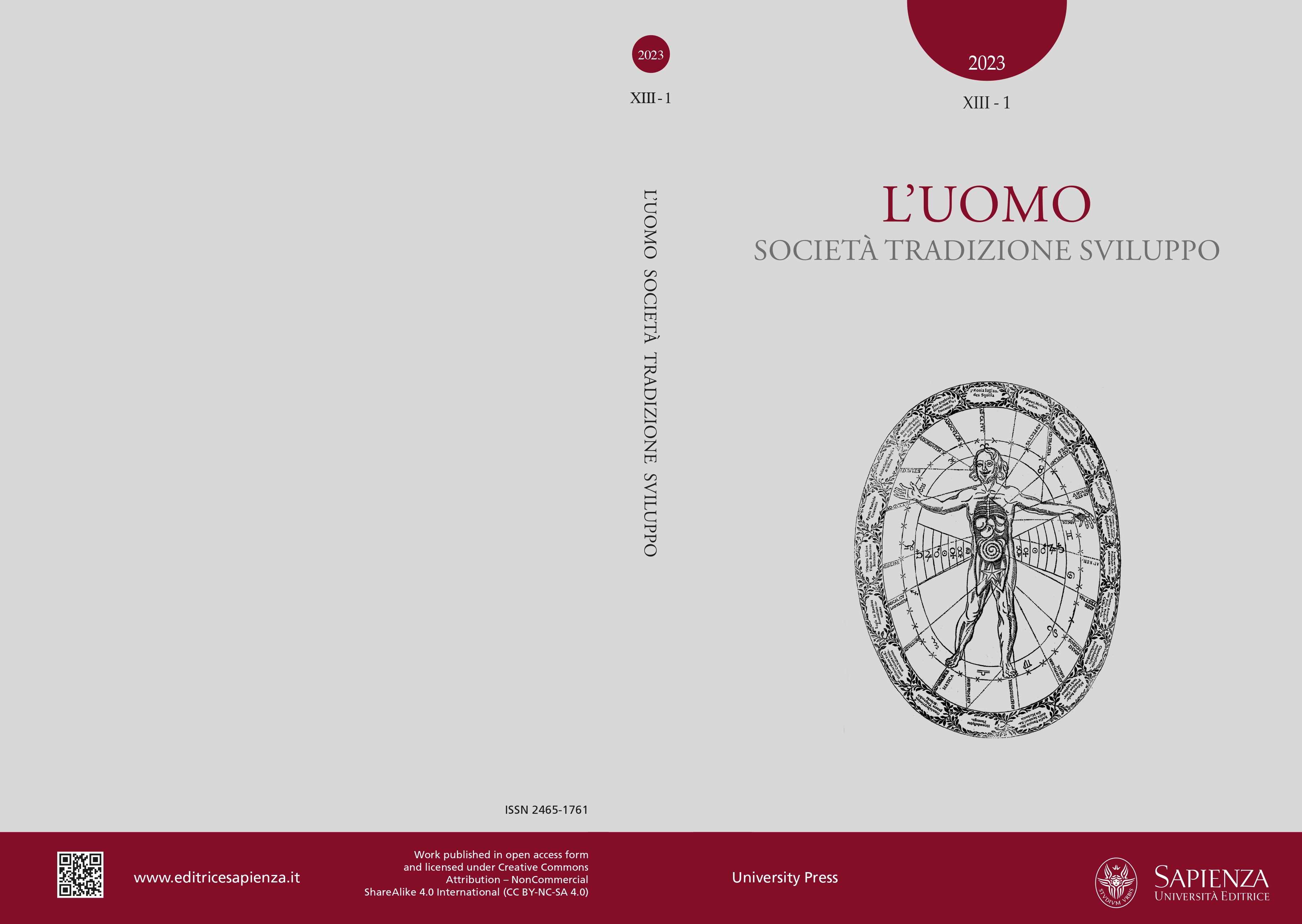The city beyond nickel
Disconnection spectra and decolonial fractures in a mining site (Kanaky/ New Caledonia)
Keywords:
New Caledonia, memory, mine, environment, nationalismAbstract
Kanak independentists fighting for the liberation of New Caledonia from France occupied the Thio mining centre on 18 November 1984. Around this central event in the definition of local identities, competing narratives develop, responding to as many regimes of truth. The symbolic battle around the collective identification of 18 November as a historical-cultural watershed is investigated in its articulation with another temporality, that of the mining resource: the collapse of the expectations of modernisation promised by the colonial industrialists, as well as that of the attempts to diversify the economy stimulated by the independentists, in fact provide a single basis from which to develop the two distinct discursive registers. The inhabitants’ account of the site’s process of decay, linked to the production cycles of mining activities, is placed in both versions in relation to the attempts to integrate the local plan to a sovereign nation-state in gestation. Analysing the different rhetoric mobilized by my interlocutors, I reconstruct in this article the ways in which a moment of political conflict takes on the features of a device good for thinking about alternative perspectives of future (and society).


